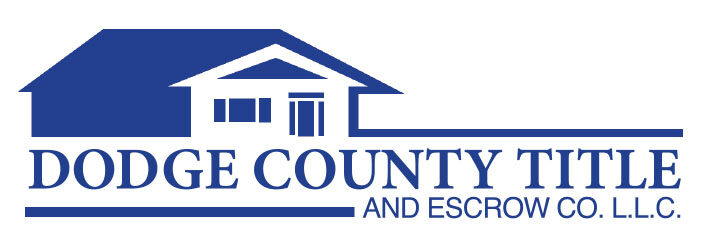Certified funds are just that. They are certified to be good, guaranteed, valid, and non-revocable. Here are some of the different types of certified funds:
- Cashier’s Check
- Bank money order
- Wire
Simply put, once a cashier’s check or bank money order is issued by a bank, it cannot be recalled or cancelled by the bank. The bank that wrote the cashier’s check or bank money order must by law, honor and pay the amount due in the document. Therefore, it is the same as handing a person the equivalent amount of funds in cash. Personal checks or personal money orders can be cancelled if it is determined that there is an issue with the check or the underlying funds. Therefore, personal checks or personal money orders must “clear” the issuing bank before the payment is deemed absolute. This could take as long as a week or more.
A wire is a method of transferring funds between two banks. Once the wire has left the issuing bank and has been deposited in the receiving bank, the transaction is complete and final. The funds cannot be returned without the approval of the recipient bank and underlying customer.
Certified funds are required because it assures that the funds are good and valid and present at the closing of the transaction. A closing is set for a certain day and if, for example, a personal check is presented, the title company will have to wait at least a week before giving the seller their proceeds from the sale. If the seller does not receive his proceeds for a week past the closing date, well, the parties have not really closed on the agreed upon date, right? In order to ease this issue, your closing agent will require certified funds so that she may disburse proceeds to the seller, commissions to agents, filing fees, etc. Certified funds give the closing agent the assurance that he or she is holding good funds and is clear to let money go to the various parties entitled.
For title and escrow questions contact our team at (402)721-5833 or visit www.dcte.net on the web.

